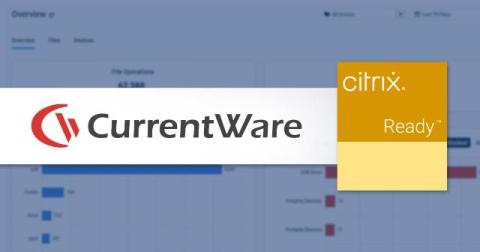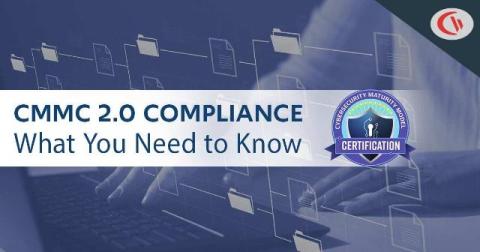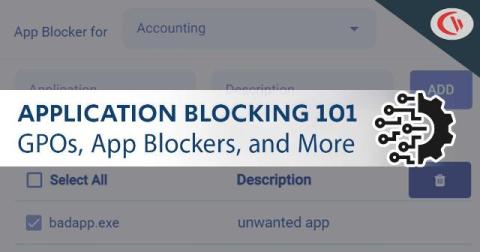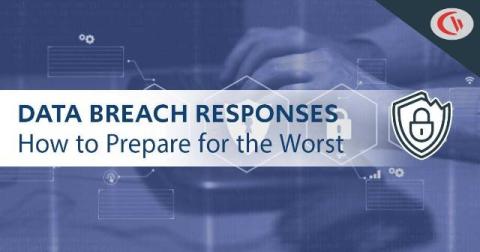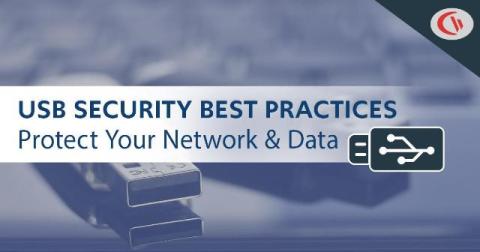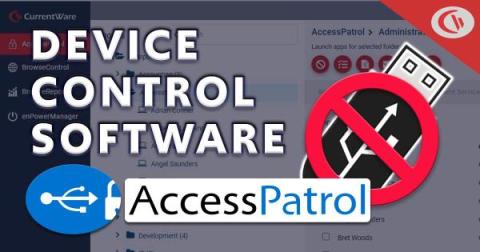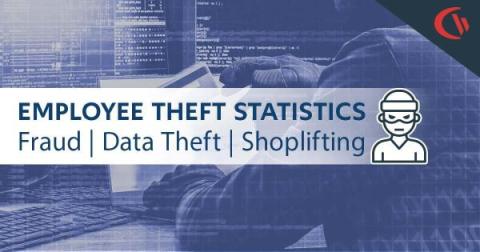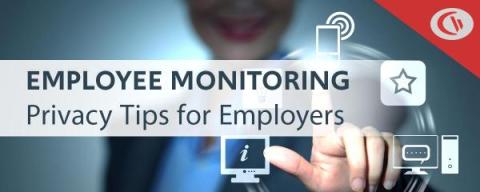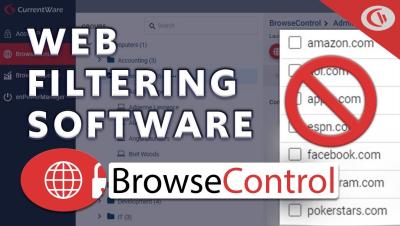CurrentWare's Security Software is Eligible for FCC's Cybersecurity Pilot Program
See how CurrentWare ensures student safety in our web filtering software for schools case study Safeguarding sensitive information is crucial for educational institutions and libraries. The FCC’s Schools and Libraries Cybersecurity Pilot Program aims to bolster the cybersecurity infrastructure of these institutions by providing essential funding for robust security solutions.


